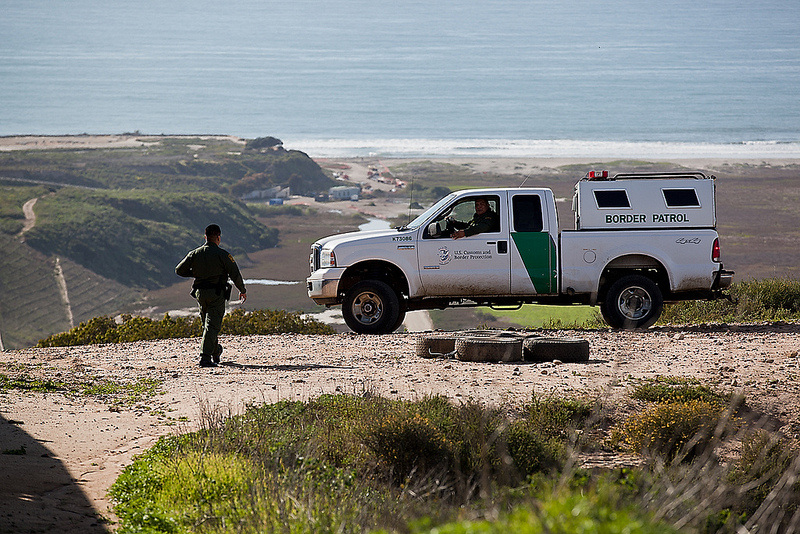| We’re talking about children. That makes all the difference in the latest border war to the south. It colors how we react, and it sets a high bar for anyone trying to argue for sending the kids back. It also makes its easy to call Rep. Jason Chaffetz, R-Utah, heartless and cruel for proposing a bill that would, in some cases, expedite their deportation — a thing of which he is aware. |
| | “We’re a very generous nation,” he told me. “If someone is drowning, we will help them.” But for the thousands of figuratively drowning kids who have traveled thousands of miles from Central America to make it to Nogales, or some other border town, withstanding abuses that include rape and other horrible acts along the way, they still have to prove they are legitimately worthy of asylum or they will be thrown back. Those are the rules. That’s the law. It was passed six years ago and signed by President George W. Bush. It gives special treatment to undocumented immigrants from countries that don’t border the U.S., allowing them a hearing before an immigration judge. Children from Mexico, by the way, are automatically thrown back if they come across illegally. The L.A. Times says about 11,000 of them have been “swiftly bused back across the border, as the law allows.” That is a tale no one seem interested in telling. But that has left almost 60,000 children from Central America in this country, this year alone, held at unsecure facilities, from which, Chaffetz says, the teenaged ones are constantly escaping, running headlong into a country that, to them, is foreign and frightening. Cruelty comes in many different forms, and that is what Chaffetz wishes people would understand. “The most cruel thing for these children is to put their lives in danger to make this journey in the first place,” he said. And yet they are here, staring us in the face and tugging at our hearts. And they are likely to be here for a long time waiting for their hearing. Chaffetz said when he last visited the border, there were three administrative judges in Phoenix to hear such cases. At the time, the wait for a hearing was seven years. Chaffetz and Bob Goodlatte, R-Va., are sponsoring a bill that would redo the way the system works. It’s a long and technical bill Chaffetz said took a year to produce. And he believes it would solve some of the current crisis. It would speed up the process of giving the children hearings. It would require the State Department to negotiate an orderly way to send deported children home to those countries, ensuring their safety. It would provide secure facilities for the children who come here, making it harder for them to escape. And it would tighten the rules for asylum; something Chaffetz believes has become far too lax under President Obama. But cruelty comes in many forms. Not all of them are visible. Chaffetz points to the 30,000 or so legitimate refugees in Utah, from places such as Syria and Afghanistan, and he worries money will be taken from programs they need in order to learn English and obtain jobs, and given to the current border crisis. “Those with legitimate asylum claims, I want them to be heard,” he says of the children. That means those who can show they came because their lives were in danger. But, of course, they are still children, no matter how they came. They are the most vulnerable and precious among us. Massachusetts Gov. Deval L. Patrick signed a measure last week authorizing temporary shelter for 1,000 of the children in his state. He cited religious reasons. “Every major faith tradition on the planet charges its followers to treat others as we ourselves wish to be treated,” he said at a news conference. “I don’t know what good there is in faith if we can’t, and won’t, turn to it in moments of human need.” Children with human needs — they tend to speak more loudly than cruelty’s many nuances — or than the need to finally compromise on bills that fix the border’s many problems. |


 RSS Feed
RSS Feed

